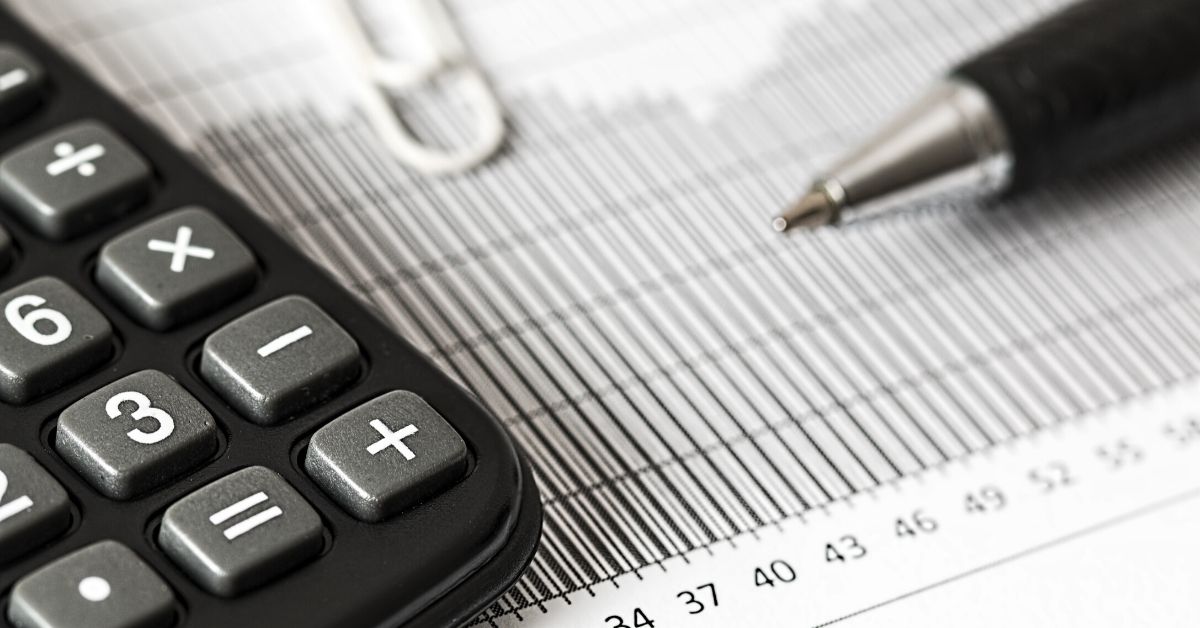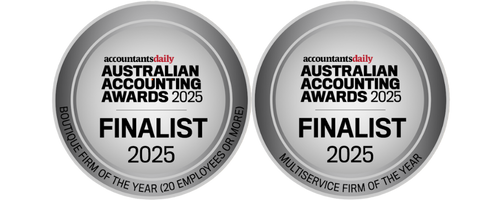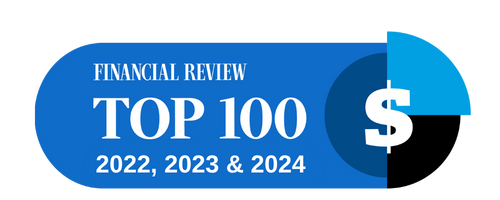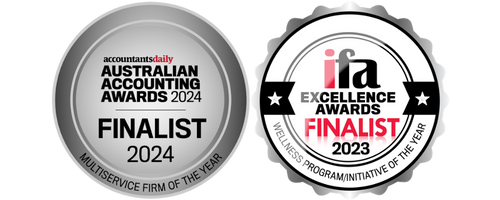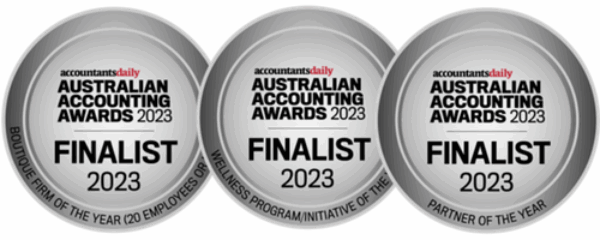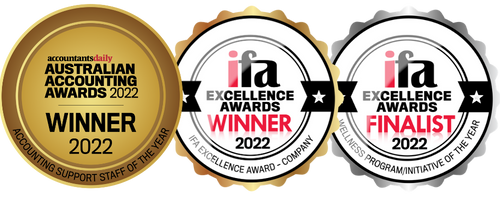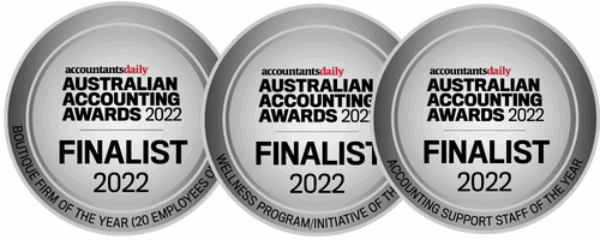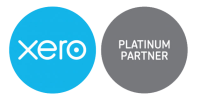By Michael Walsh, CEO of Walshs
As the end of the financial year approaches, effective planning and preparation is critical for all taxpayers and with June 30 drawing near, it is a perfect time to plan and review your records in order to maximise your tax deductions.
Here are some of my top tips for year-end tax planning by individuals:
Home office expenses: Include depreciation of computers, office furniture, mobile devices, running costs of the office (electricity, heating), work-related internet usage, cleaning of your home office, repairs to office furniture and equipment and stationery. You can claim a deduction of 80 cents for each hour you work from home to fulfill your employment duties due to COVID-19.
Work related expenses: Include professional fees and subscriptions, seminars and conferences, reference books and income protection insurance.
Work-related car expenses: There are two methods for calculating the tax deduction for work-related car expenses:
- The cents per kilometre method (business use up to 5000km at the rate of 68cents/km).
- The logbook method, which requires you to maintain the logbook for 12 consecutive weeks, recording the business use. The logbook can apply for five years. Consider using the ATO’s myCar app and also remember to record your vehicle odometer reading at June 30.
You should consider prepaying work-related expenses to obtain a deduction this financial year.
Clothing and laundry: You can claim the costs of washing, drying and ironing eligible work clothes or having them dry-cleaned.
You must have written evidence of this, such as diary notes and receipts, if the amount of the deduction is greater than $150.
You can also claim for the purchase of clothing specific (including protective clothing) to your occupation. You can claim for a uniform, either compulsory or non-compulsory, that is unique and distinctive to the organisation you work for.
Self education expenses: These can be deductible, depending on the course (e.g. where the course has sufficient connection to your current employment).
Non-deductible work expenses: These include travel between home and work, expenses for conventional clothing worn to work, entertainment and childcare expenses.
Top-up superannuation: If your employer superannuation (SGC 9.5%) is less than $25,000, you can make personal tax deductible superannuation contributions to top up to a total of $25,000 from all sources.
Further, you can make “catch-up” deductible contributions this financial year if your super balance at 30 June, 2019, was less than $500,000 and you have not made the full contribution of $25,000 in the 2018 and/or 2019 financial years.
This is general advice and you should discuss your superannuation with your financial advisor.
Defer receipt of income: Consider deferring the receipt of a bonus to the next financial income year.
Donations: Make tax deductible donations to eligible charities before 30 June.
Capital gains: If you have made a capital gain(s) during the financial year, consider selling loss-making assets before 30 June to offset the capital gain
Record keeping: Make sure you have receipts for the deductions you will claim, records of investments, expenditure on rental property income and expenses.
If you want further insights into how to plan for the end of the financial year, contact Walshs on 07 32215677 or email your relevant partner.
The information contained in this article is of a general nature only and does not take into account your particular objectives, financial situation or needs. Accordingly, the information should not be used, relied upon or treated as a substitute for specific financial advice. While all care has been taken in the preparation of this material, no warranty is given in respect of the information provided and accordingly neither Walshs nor its employees shall be liable on any ground whatsoever with respect to decisions or actions taken as a result of you acting upon such information.
